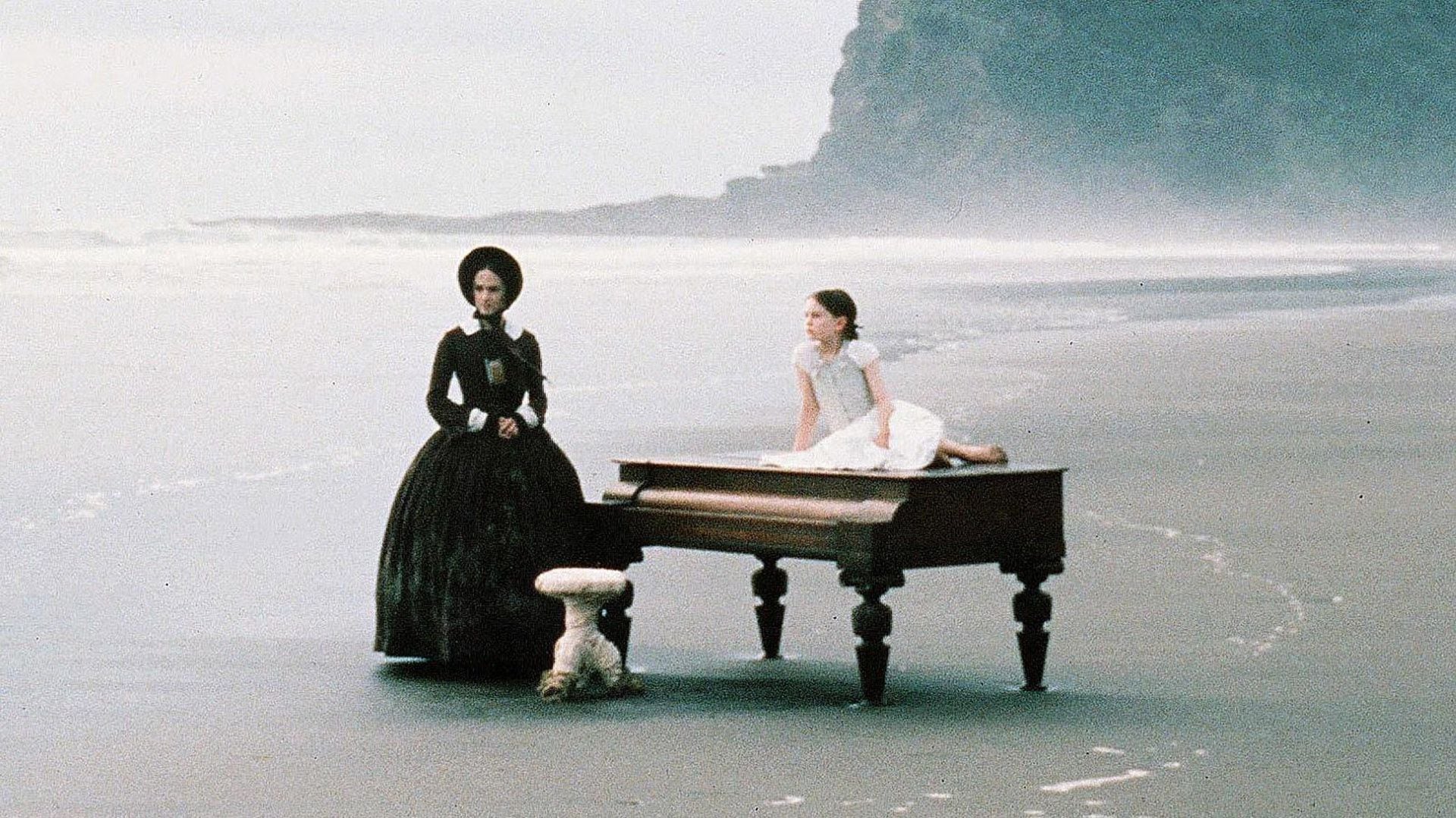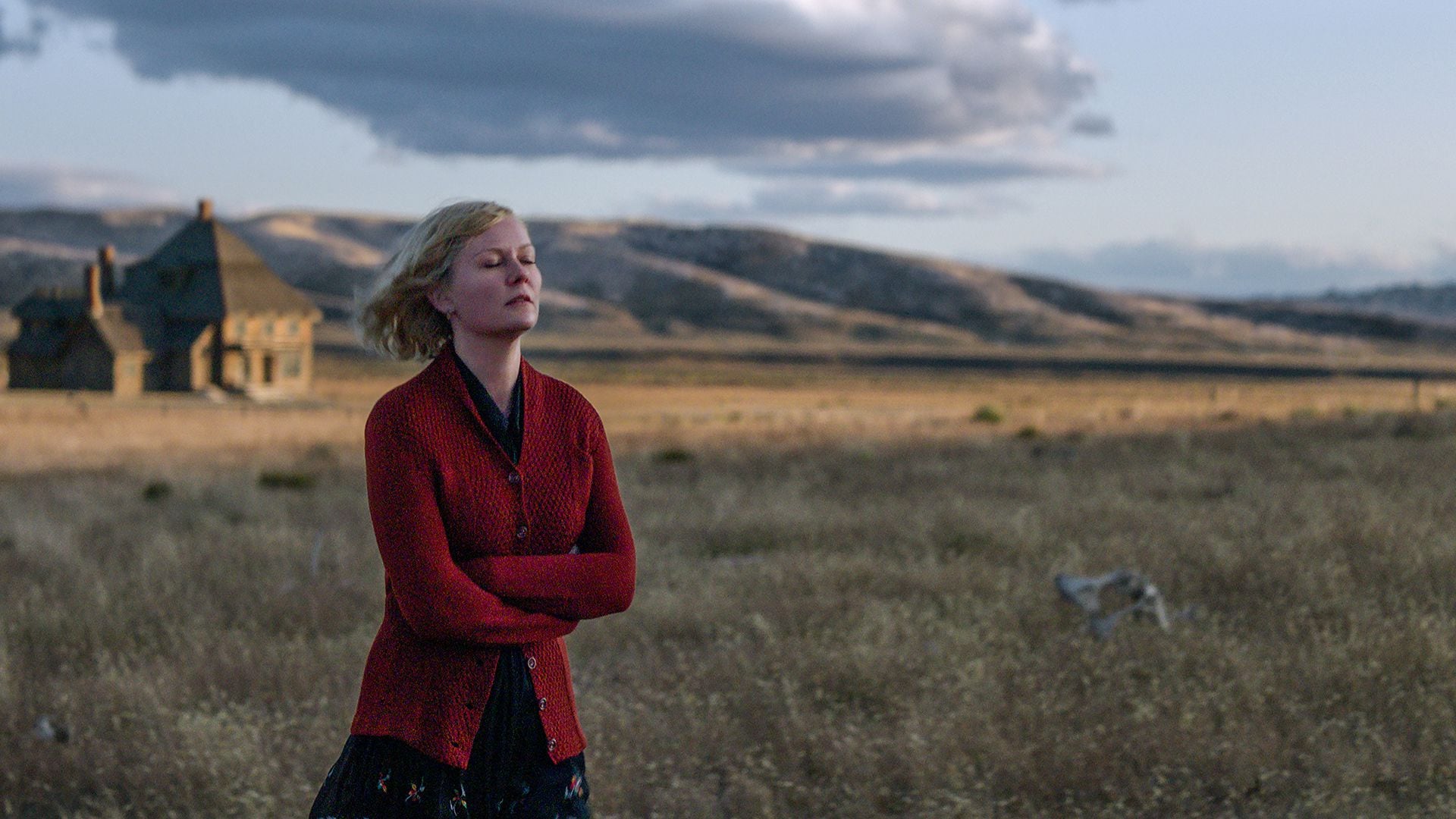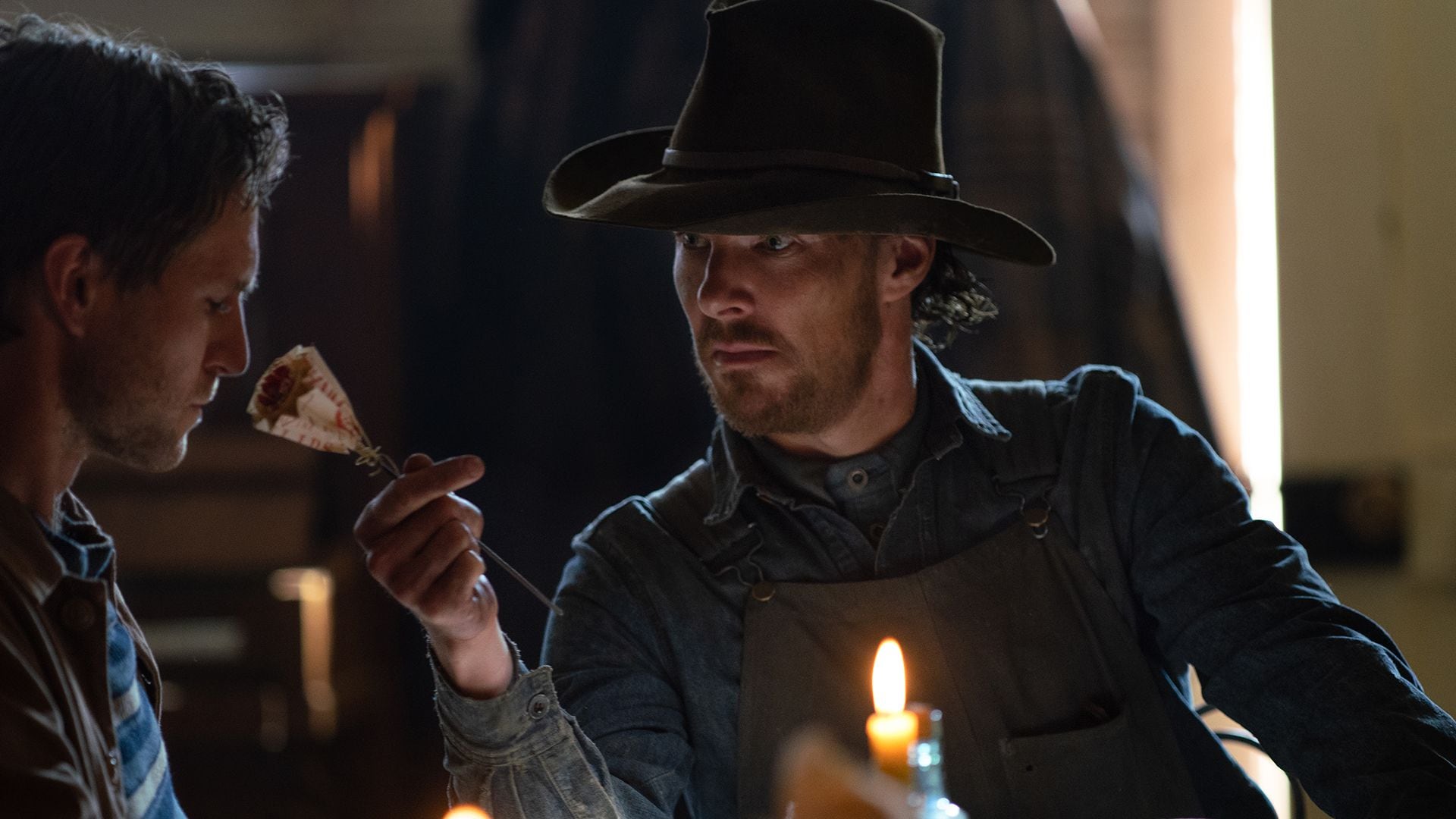
The Palme d'Or that Jane Campion (Wellington, New Zealand, 1954) received in 1993 for her feature film The Piano Lesson (1993) made her the first woman to win the top prize at the Cannes Film Festival, as well as placing her at the center of academic discussion.
It is not, however, the only Palme d'Or received by the filmmaker, which already in 1986 won the same recognition, in the category of best short film, for An Exercise in Discipline: Peel. Time, critics, audiences and academia — in addition to Oscars, Golden Globes, Emmys and BAFTAs — have confirmed the international relevance of this author, who in 2014 chaired the Cannes jury.
Complex universes and unique characters
Any attempt to synthesize the essence of Jane Campion's cinema by describing her characters or the action of her stories is reductive. The tremendous poetic force of the New Zealand filmmaker's cinematography contrasts the immensity of sublime spaces such as the ocean, the jungle, cliffs, deserts or even Roman architecture, against the humanity of her characters.
The protagonists of The Power of the Dog, Top of the Lake, The Piano Lesson, Holy Smoke or An Angel at My Table, to name just a few of their works, respond to powerful wills, sensibilities and intuitions that, on many occasions, are indomitable to them themselves. Its apparent fragility is linked to a radical singularity.

Ada, the memorable protagonist of The Piano, is characterized by the intense romantic aesthetic that Campion explores in the film. Its particular obscurantism, the intricacy of the jungle, the poetic nature of the beach or the abysmal of the cliffs describe the enigmatic character of the protagonist and the stormy relationships that are woven between the characters, located in the antipodes of Victorian Scotland.
Jane Campion explores the intimacy of the characters discreetly. The piano lesson is an illustrative example of how the author translates the characters' feelings to the viewer through crosses of glances, silences full of meaning, the stopping of the camera on some particularly symbolic object, the intensity or subtlety of the soundtrack and other genuine language resources cinematic.

Write the story about bodies
One of the common denominators of almost all his work is the placing of bodies — almost always women's — to the limit, constrained by various circumstances. This trait has aroused the interest of gender studies, especially since The Piano Lesson. The characters' bodies are tested by their very nature, by social dynamics that shake them and even by the will of their own owners. They go through forced pregnancies, suicide attempts, sexual blackmail, clinical aberrations, attempted abortions, etc.
We could trace, throughout his work, the different traces that all this leaves on some of the women who inhabit his stories, starting, for example, with Sweetie (1989). The film, a rarity released at Cannes, explores the mental instability and aggressive outbreaks of its protagonist, which range from vindictive, irrational and dreadful uncontrollable. Her second feature film, An angel in my table (1990), a biopic by the New Zealand poet Janet Frame, develops with paradoxically raw tenderness the hostility and multiple losses that are taking hold on the young teacher and writer. Having been diagnosed with schizophrenia, Frame (Kerry Fox) escapes a lobotomy for the timely publication of his work.
Two exhausted bodies that have used and injured each other close Holy Smoke (1999), in which the young Ruth (Kate Winslet), immersed in the beliefs and lifestyle of a Hindu sect, runs away from P. J. Walters (Harvey Keitel), an alleged American therapist who had to disconnect her from the sect. After challenging him as a patient, ridiculing him as a man and seducing him, they both end their torturous story bruised and dirty, crawling through the Australian desert, he dressed as a woman and begging him not to leave him.

Jane Campion unfolds complex and contradictory female universes without judging the women and men who inhabit them. Ada, a single mother when the story begins, does not give herself to the husband chosen by her father and disregards the Victorian social rules and morals without altering herself. In addition, she ends up wishing the man who has previously blackmailed her, desperate to gain her closeness.

In the thriller En carne viva (2003), Frannie (Meg Ryan) embarks on a murky relationship with Detective Malloy (Mark Ruffalo), knowing that he may be a murderer. Believing him guilty, he chains him to a pipe in his bedroom while on the run with the real killer. Bloody and wounded, after surviving the latter's attack, she painfully returns to the room where Malloy is still chained and huddles next to her just before the image melts to black.
In a clear rhyme with the end of The Piano Lesson , the television series Top of the Lake (2013-2017) begins with a girl who enters the icy water of a lake, also with ambiguous suicidal intentions. Pregnant at the age of twelve, Tui (Jacqueline Joe) disappears a little later.
China girl, the subtitle that accompanies the second season, plays with a double sense characteristic of Campion's artistic process. In addition to alluding to Asian geography, the English meaning of the word Chinese is porcelain. In the promotional poster for the series, the cracked back of detective Robin Griffin (Elisabeth Moss) alludes to the brittleness of the body. Not for nothing, beneath the epidermal surfaces —Top— of the fictional town of Laketop and the city of Sydney lies a rotten web of corruption and child trafficking.

The director's latest work, the introspective western The Power of the Dog, has once again placed her at the center of the international award nominations. In it, Campion recovers the visual power of the desert and the characters torn apart by internal contradictions, facing others who serve as a mirror to them. Immersed in a hostile environment that threatens to engulf it, young Peter Gordon (Kodi Smith-McPhee), like so many other characters filmed by the author, breaks his own boundaries.
*Teresa Sorolla Romero is a professor of the Department of Communication Sciences of the Universitat Jaume I, Universitat Jaume I.
Originally published in The Conversation
KEEP READING
Últimas Noticias
Debanhi Escobar: they secured the motel where she was found lifeless in a cistern
Members of the Specialized Prosecutor's Office in Nuevo León secured the Nueva Castilla Motel as part of the investigations into the case

The oldest person in the world died at the age of 119
Kane Tanaka lived in Japan. She was born six months earlier than George Orwell, the same year that the Wright brothers first flew, and Marie Curie became the first woman to win a Nobel Prize

Macabre find in CDMX: they left a body bagged and tied in a taxi
The body was left in the back seats of the car. It was covered with black bags and tied with industrial tape
The eagles of America will face Manchester City in a duel of legends. Here are the details
The top Mexican football champion will play a match with Pep Guardiola's squad in the Lone Star Cup

Why is it good to bring dogs out to know the world when they are puppies
A so-called protection against the spread of diseases threatens the integral development of dogs




